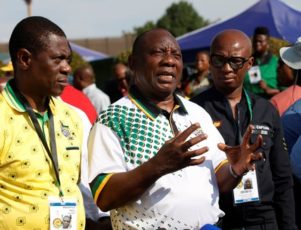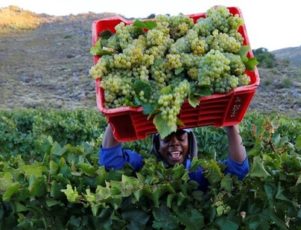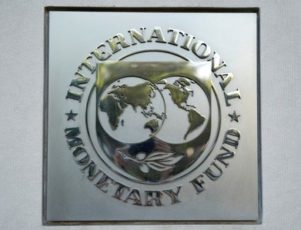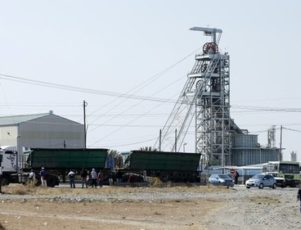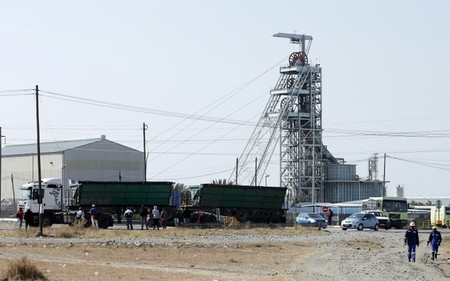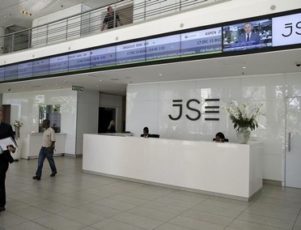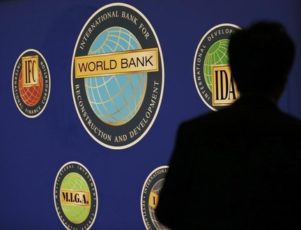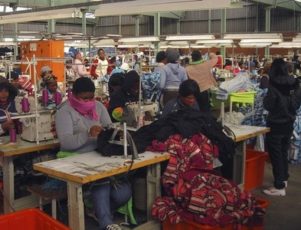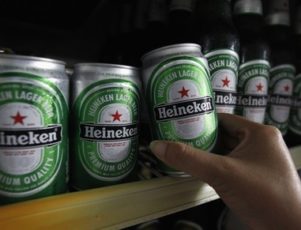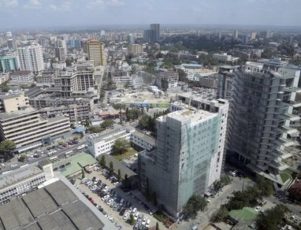LONDON (Reuters) – Businessman Cyril Ramaphosa, the new leader of South Africa’s ruling ANC party, needs to fix a sluggish economy and a deeply divided society. Market euphoria after his election may not reflect the looming slog, fund managers say.
The outcome, announced late on Monday, was widely expected. The rand has rallied 7 percent against the dollar since Thursday, and government bond yields fell 58 basis points over the same period. Credit default swaps, used to price default risks, are down around 16 bps since end-Thursday.
On Tuesday, shares in South African banks – a barometer of economic and political health – jumped 8 percent.
Ramaphosa, likely to become South Africa’s president after the 2019 elections, is considered an improvement on scandal-mired Jacob Zuma. But the good news seems already in the price – a CDS-based model by S&P Capital shows South African foreign debt priced in line with its rating for the first time in 2 1/2 years following the ratings cut in late November.
The country’s domestic bonds have long traded as if its credit rating were a notch lower, the model shows, with yields well above similarly rated countries such as Indonesia.
Many even reckon the market reaction is overdone. JPMorgan analysts see the rand now as 9 to 11 percent “rich”, based on recent moves in other emerging currencies as well as weaker prices for gold and platinum, major South African exports.
“If you look at local (bond) markets, I’d say the market relief was probably not justified by fundamentals. The structural weakness is very entrenched and won’t go away easily,” said Anders Faergemann, senior portfolio manager at PineBridge Investments.
He was citing sub-one percent growth, stubborn inflation, a 28 percent jobless rate, rising government spending and capital shortfalls at state-run companies. Those problems could be tough to fix in 2018, when Zuma will still be president.
“That could lead to policy paralysis, and that is the real risk,” Faergemann said.
The news has not altered the view on South Africa at AXA Investment Managers, where Sailesh Lad, the head of emerging debt, retains an underweight position.
Ramaphosa is not a “game-changer”, Lad said, noting the budget deficit blowout, announced in October by finance minister Malusi Gigaba, remained in place. Gigaba’s budget pencilled in a big increase in borrowing and a deficit increase to 4.3 percent of gross domestic product.
The higher spending had appeared to confirm that the rating on South African local bonds would be cut to “junk” territory by Moody’s and S&P Global, ejecting the debt from key indexes and triggering capital outflows of over $10 billion.
However, Moody’s held off the downgrade last month and Ramaphosa-linked market gains partly reflect hopes it may not do so at its early-2018 review.
If the new ANC leader does implement promised reforms, some hope the country could eventually regain investment grade, as Portugal has just done and Ireland did in 2014.
But most predicted South Africa will be harder to fix, given Ramaphosa’s narrow victory margin, racial divides and entrenched corruption, with his ascent merely having delayed the inevitable to later in 2018.
Political risk consultancy Eurasia reckons, in fact, that with elections looming, the ANC may lurch further to the left, and will not therefore “provide sufficient grounds to reverse ratings downgrades before mid-2018.”
(By Karin Strohecker and Claire Milhench. Additional reporting by Marc Jones, Sujata Rao and Ritvik Carvalho, writing by Sujata Rao, editing by Larry King)

